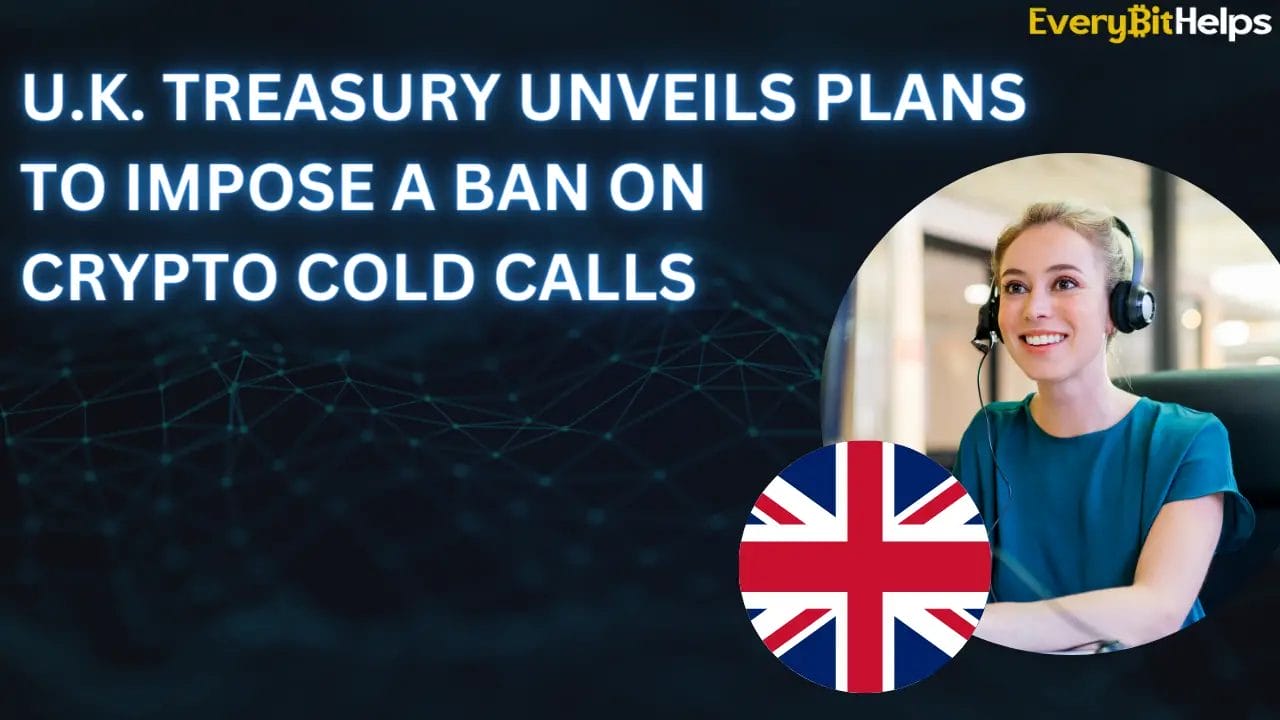In a decisive move to safeguard consumers and stakeholders, the U.K. Treasury has unveiled its plans to potentially impose a blanket ban on cold calls related to cryptocurrency investments. This initiative, part of a broader effort to clamp down on financial scams, has been met with applause and scrutiny from various industry sectors.
Cold calls, often unsolicited and intrusive, have long been a tool for marketers and salespeople. However, with the rise of digital currencies and the subsequent surge in investment opportunities, these calls have increasingly been used to promote cryptocurrency investments. Unfortunately, not all of these offers are legitimate, leading to concerns about potential scams and fraudulent activities.
The U.K. Treasury has launched a consultation paper to ensure a well-informed decision. This document aims to gather insights and feedback from businesses, stakeholders, and the general public on the potential implications of such a ban. The primary goal is to strike a balance, maximizing the impact on scammers while minimizing the disruption to legitimate businesses.
“Cold calling for financial services and products has long been used by fraudsters to manipulate and trick members of the public into scams. These cold-hearted criminals will often purposely target the most vulnerable and use a range of deceitful tactics to take advantage in any way they can.”
Andrew Griffith, Economic Secretary to the Treasury
The paper poses 19 critical questions to stakeholders, focusing on the grassroots-level impact of the proposed ban. It seeks to understand the broader ramifications, including potential business costs and the overall effect on the U.K.’s financial services sector.
While the proposed ban is part of a broader initiative targeting all financial services cold calls, the cryptocurrency sector is expected to be significantly affected. The U.K. has seen a surge in crypto investments in recent years, with many individuals lured by the promise of high returns. A ban on cold calls could deter fraudulent schemes but also hinder legitimate businesses from reaching potential investors.
The U.K.’s stance on crypto cold calls is closely watched by global regulators. If the ban is implemented, it could set a precedent for other countries grappling with similar challenges. The move could either be seen as a blueprint for consumer protection or as a restrictive measure stifling legitimate business growth.


